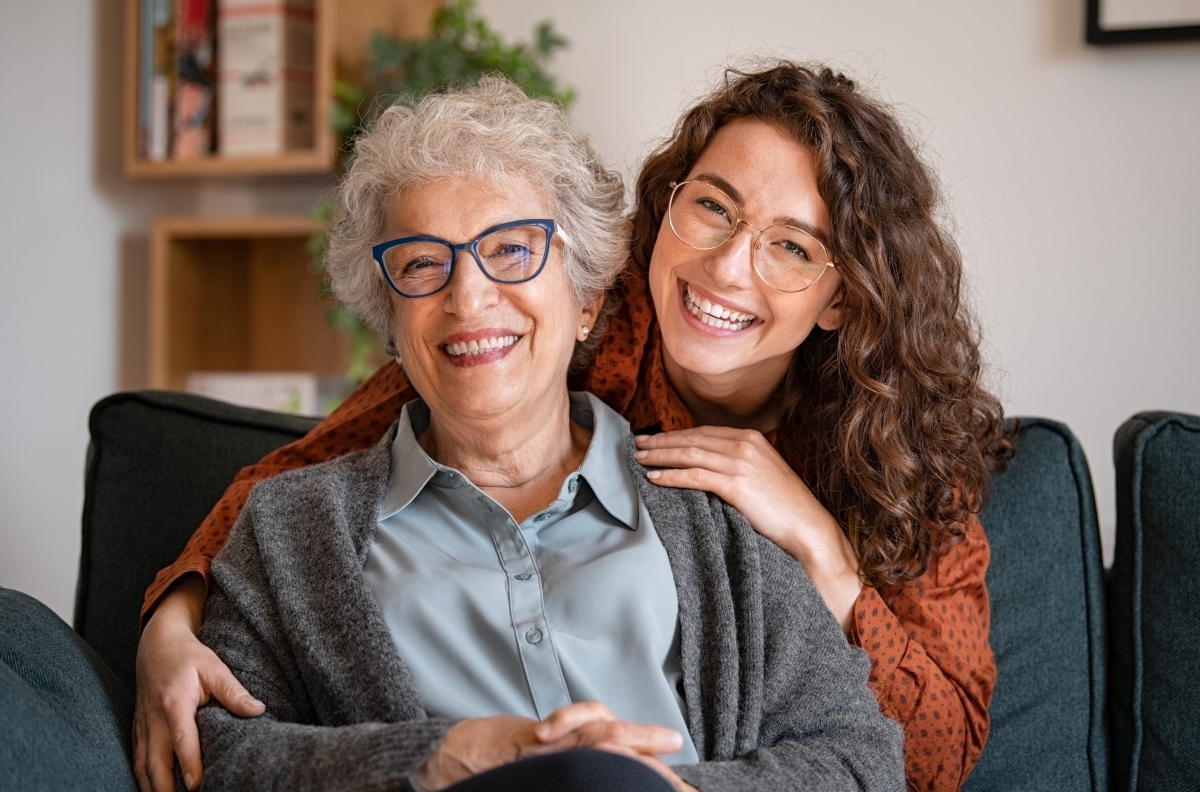Becoming a Mentor: Sharing Your Wisdom with the Younger Generation

Life is a journey filled with countless lessons, victories, and challenges. As we grow older, we accumulate a wealth of experience and knowledge that can be of immense value to others, particularly the younger generation. Becoming a mentor is one of the most fulfilling ways for seniors to make a lasting impact. Mentoring enriches the lives of those being guided and brings a profound sense of purpose and satisfaction to the mentor.
In this blog post, we will explore the benefits of mentorship for seniors, how to become an effective mentor, and why sharing your wisdom with the younger generation can be one of the most rewarding experiences of your golden years.
The Importance of Mentorship in Later Life
A Sense of Purpose
As we transition into the later stages of life, many seniors seek ways to stay engaged, productive, and purposeful. The shift from full-time employment to raising children can make some individuals adrift. Mentorship offers a powerful remedy by giving seniors a meaningful way to contribute. It allows you to channel your life experiences into something constructive—helping others navigate the complexities of life, work, and relationships.
Strengthening Intergenerational Bonds
One of the most beautiful aspects of mentorship is how it bridges the generational gap. Younger generations often feel disconnected from older ones, and vice versa. Mentorship provides an opportunity to foster understanding, exchange perspectives, and build deeper relationships across age groups. These connections can create a lasting bond, where wisdom is passed down and new ways of thinking are introduced.
Impact on Legacy
As we age, leaving behind a legacy becomes more important. What will people remember us for? Mentoring allows seniors to leave an enduring legacy—not just in material wealth or accomplishments, but in the values, life lessons, and knowledge passed down to future generations. It is a way to ensure that your contributions to the world will continue to make a difference long after you are gone.
Benefits of Mentoring for Seniors

Boosting Emotional Well-being
Mentoring has been shown to have significant mental health benefits for seniors. Helping others can lead to increased self-worth, reduced loneliness, and improved mental clarity. By offering guidance, you’re also giving yourself the gift of connection. Knowing you are playing a key role in someone’s growth and success can provide immense fulfillment.
Staying Engaged and Active
Mentoring is not a passive activity. It involves active listening, problem-solving, and often keeping up with new trends or technologies to better understand and relate to the younger generation. This mental engagement keeps seniors sharp, preventing cognitive decline and promoting overall brain health. It’s also a great way to stay socially active, vital for emotional and physical well-being as we age.
Learning and Growing
Mentorship is not a one-way street. While seniors impart wisdom and knowledge, they often learn much from their mentees. Younger generations bring fresh perspectives, new ideas, and knowledge about modern technologies and trends. This dynamic exchange informs seniors and often leads to personal growth, making the mentoring experience reciprocal.
Benefits for the Younger Generation

Learning from Life Experiences
No amount of schooling or online research can replace the wisdom gained from real-life experiences. Mentorship allows younger individuals to tap into a resource that is rich in personal stories and life lessons. Whether it’s advice on career development, navigating relationships, or making important life choices, mentees benefit from the first-hand accounts of someone who has “been there, done that.”
Receiving Personalized Guidance
In a world full of generalized advice, personalized mentorship is incredibly valuable. Mentors can provide tailored advice relevant to their mentees’ specific challenges and goals. This customized approach offers insights that the younger generation wouldn’t easily find elsewhere. A mentor’s ability to listen, understand, and provide nuanced guidance makes the relationship unique.
Building Confidence and Skills
For many younger individuals, the journey to success can feel overwhelming. They may lack the confidence or know-how to navigate the complexities of life and work. Mentors help build this confidence by encouraging, offering constructive criticism, and acting as a sounding board. Additionally, the skills and wisdom passed down from mentors can accelerate the learning process, giving mentees a solid foundation on which to build their future.
How to Become an Effective Mentor

Assess Your Skills and Experiences
Before becoming a mentor, assessing your strengths, skills, and experiences is important. Ask yourself what areas of your life you have expertise in—career advice, life skills, or specialized knowledge in a particular field. Reflect on what you’ve learned and how those lessons could benefit someone. Once you’ve identified these areas, you’ll be better prepared to offer valuable guidance.
Listening and Understanding
The key to being a good mentor is to listen more than you speak. Understanding your mentee’s specific needs and challenges is crucial for providing relevant advice. Every mentee is different, and the one-size-fits-all approach doesn’t work in mentorship. Be patient, empathetic, and willing to adapt your guidance to suit their circumstances.
Setting Realistic Expectations
Mentorship is a two-way relationship, and it’s important to set clear expectations from the beginning. Both mentor and mentee should establish goals, time commitments, and boundaries for the relationship. This ensures that the mentoring experience remains productive and fulfilling for both parties. Being upfront about what you can offer regarding time and expertise will help avoid misunderstandings later on.
Finding Mentorship Opportunities

Formal Mentorship Programs
If you want to become a mentor, many formal programs match seniors with younger mentees. Community organizations, schools, and nonprofit groups often run mentorship programs that focus on career guidance, education, or personal development. These programs can offer a structured and supportive environment for both mentors and mentees.
Informal Mentorship
Not all mentoring needs to be part of a formal program. Some of the most impactful mentorship relationships happen informally in day-to-day life. Perhaps your younger relatives, neighbors, or friends could benefit from your guidance. Even casual conversations can evolve into meaningful mentorship if both parties are open to it.
Virtual Mentoring
In today’s digital world, mentorship doesn’t always require face-to-face meetings. Virtual mentorship platforms have gained popularity, allowing seniors to connect with mentees from all over the world. These platforms offer flexibility and convenience, making it easier for seniors to share their wisdom regardless of location. Virtual mentorship can be particularly appealing for those who prefer to mentor from the comfort of their own homes.
Challenges and How to Overcome Them
- Overcoming Generational Differences: Mentoring someone from a different generation can sometimes be challenging. Differences in communication styles, values, and technology usage can create barriers. However, these challenges can be overcome with patience and understanding. Being open to learning from your mentee and adapting to modern trends will help bridge the gap and create a stronger, more effective relationship.
- Navigating Time Commitment: Mentorship can be time-consuming, but it doesn’t have to take over your life. Managing your time wisely and setting boundaries that work for you is important. Whether you commit a few hours a week or a few hours a month, what matters most is the quality of the mentorship, not the quantity.
- Adapting to Modern Technologies: For seniors who may not be as familiar with modern technology, mentoring can feel daunting. However, learning basic tech skills can open up opportunities, particularly for virtual mentorship. Taking a course or asking for help from tech-savvy friends or family members can make the process smoother and more enjoyable.
Conclusion

Becoming a mentor in your later years is one of the most rewarding ways to give back to the world. It benefits the younger generation by providing them with valuable guidance and brings emotional and mental fulfillment to the mentor. By sharing your wisdom and life experiences, you’re not just teaching—you’re creating a legacy that will endure through the lives you’ve touched. So, why not take the first step toward becoming a mentor today? Your journey of making a difference has only just begun.





